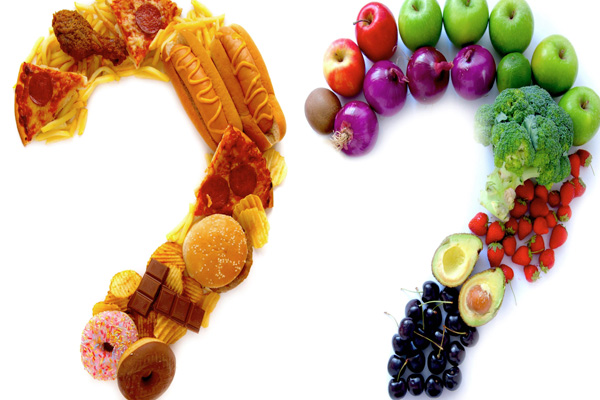Addicted to Dove –
October 29, 2019 – Food addiction is not necessarily the same as liking a particular type of food or wanting to seek it out. An article published in Psychology of Addictive Behaviors, describes a research study from the University of Michigan that examined characteristics of highly processed food that lead to food addiction.1 The investigators reported that processed foods were rated as having a high abuse liability when compared with foods that were not highly processed. However, it is worth mentioning that the study participants did not report enjoying these addictive foods.
This divergence between food enjoyment and food addiction is not consistent, however. Another research study, performed by the same investigators at the University of Michigan, examined the association of different foods with abuse liability. Schulte and colleagues2 concluded that highly processed foods were associated with an indicator of addictive eating defined as loss of control. These same processed foods were also rated high on scales of liking, pleasure, and craving.
This inconsistency in finding a correlation between subjective enjoyment of processed foods and their addiction liability (even when the same researchers carried out different studies) suggests that positive experiences associated with these foods may only be partially responsible for their addictive qualities. There may be another mechanism to food addiction than traditional definitions of food…



